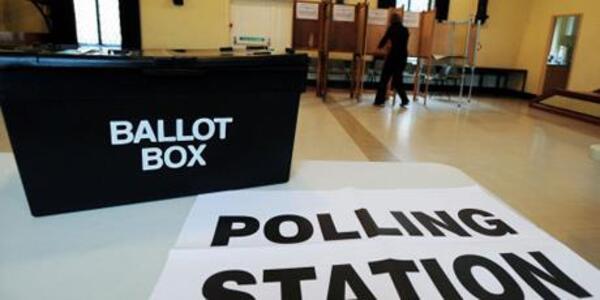1,000 signatures reached
To: Cabinet Office, UK Government
Proportional Representation at Local Elections

Allow Proportional Representation at local elections across the UK, to ensure everyone's vote counts.
https://s.bsd.net/38degrees/main/page/-/CBY/candidate.gif
https://s.bsd.net/38degrees/main/page/-/CBY/candidate.gif
Why is this important?
Make sure your vote counts!
At the recent local government elections in London and other parts of the UK (May 2014) the current "first-past-the-post" electoral system served as a huge barrier to local democracy, with voters' genuine choices not reflected in the seats allocated in local councils.
For example, in the London borough of Hackney, the Labour Party took 50 out of 57 seats (88%) seats from 58% of the vote, whereas the Green Party received 20.5% of the vote but not a single council seat. The Liberal Democrats received 8% and have three councillors, and the Conservatives with 12% have four councillors.
The numbers from "first past the post" elections don't add up.
Most of Europe (including Scotland) uses variations of proportional representation in local elections, only Britain still clings to "first-past-the-post"; it is archaic and outdated. As the Joseph Rowntree Foundation concluded in a 2000 study, the system "does not always perform effectively against standard criteria used to assess the performance of electoral systems".
Some boroughs have opted to elect an independent Mayor, local governments should also be able to choose to use a fairer voting system.
We propose offering councils proportional representation (PR) at the next local elections, using the Additional Member System. Make everyone’s vote count.
At the recent local government elections in London and other parts of the UK (May 2014) the current "first-past-the-post" electoral system served as a huge barrier to local democracy, with voters' genuine choices not reflected in the seats allocated in local councils.
For example, in the London borough of Hackney, the Labour Party took 50 out of 57 seats (88%) seats from 58% of the vote, whereas the Green Party received 20.5% of the vote but not a single council seat. The Liberal Democrats received 8% and have three councillors, and the Conservatives with 12% have four councillors.
The numbers from "first past the post" elections don't add up.
Most of Europe (including Scotland) uses variations of proportional representation in local elections, only Britain still clings to "first-past-the-post"; it is archaic and outdated. As the Joseph Rowntree Foundation concluded in a 2000 study, the system "does not always perform effectively against standard criteria used to assess the performance of electoral systems".
Some boroughs have opted to elect an independent Mayor, local governments should also be able to choose to use a fairer voting system.
We propose offering councils proportional representation (PR) at the next local elections, using the Additional Member System. Make everyone’s vote count.
